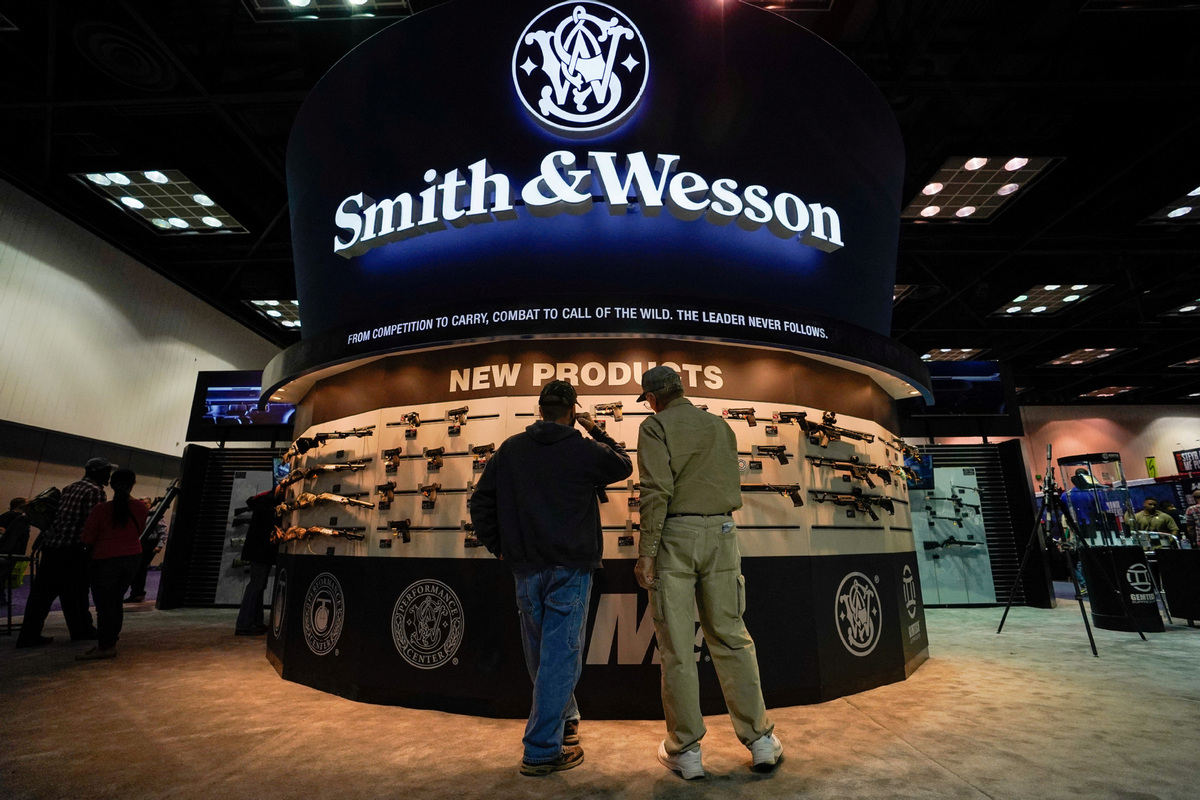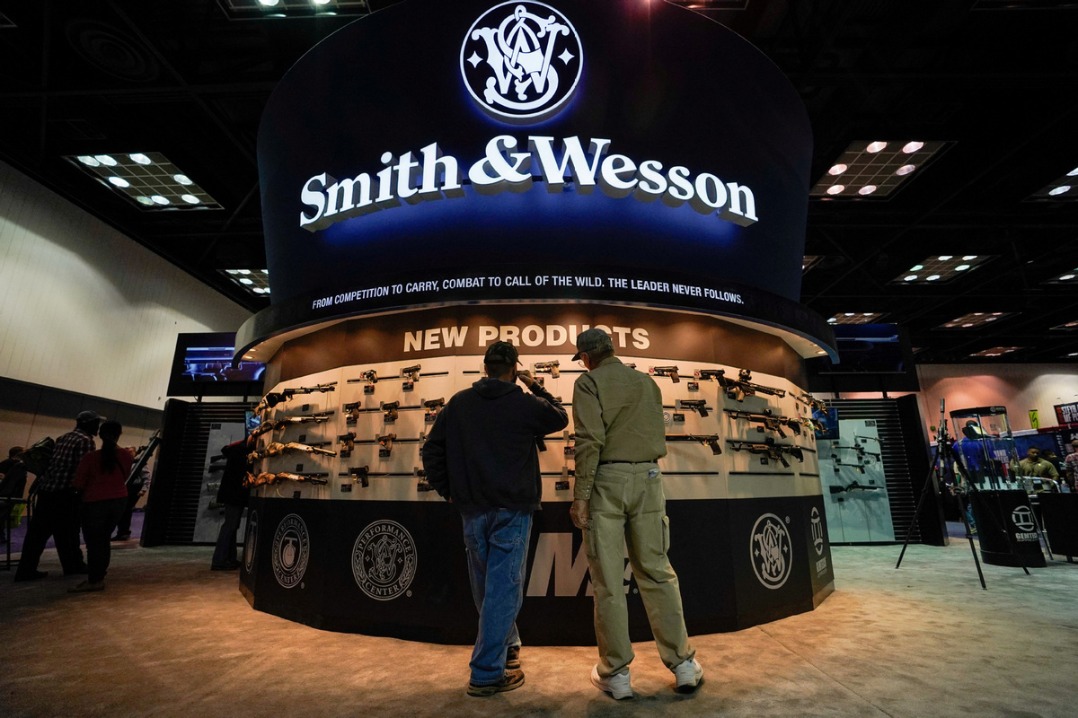
A group of activist Catholic nuns in the US on Tuesday sued the board of gunmaker Smith & Wesson to abandon the manufacture, marketing and sale of its version of the AR-15 rifle assault-style rifle that has been used in US mass shootings.
The nuns — who hold about 1,000 shares collectively of Smith & Wesson — filed the so-called shareholder derivative action in Nevada state court that alleges the publicly traded company’s leaders are putting shareholders at risk by the way they have made and sold the rifle.
“These rifles have no purpose other than mass murder,” the nuns said in a statement.
Smith & Wesson, which is incorporated in Nevada, didn’t respond to a request for comment.
Suits by shareholders claiming a company’s leadership has breached their duties are common with publicly traded corporations, but lawyers said it appeared to be the first time one has been filed against a gunmaker over the manufacture and marketing of guns.
The nuns also have used the strategy of owning shares to raise concerns on a range of issues with other large companies, including Hyatt Hotels and General Electric.
The legal action by the nuns comes amid a flurry of lawsuits against gun companies that were spurred by a $73 million settlement between the families of those killed in the Sandy Hook Elementary School massacre in Connecticut in 2012, and Remington in a suit over its marketing practices.
Lawrence Keane, senior vice-president and general counsel for the National Shooting Sports Foundation, which represents gunmakers, called the lawsuit frivolous.
“This same group has been filing shareholder proposals and losing, so I guess they’re trying a new tactic,” Keane told The Wall Street Journal.
Jeffrey Norton, a partner with the New York law firm of Newman Ferrara and the lead attorney for the nuns, said that the approach has worked in other industries.
“The theory we are pursuing has been successful in a lot of different situations, but it’s novel in pursuing it with the gun industry,” Norton told the Journal. “We’re trying to get it out of the hands of troubled people.”
The nuns also called for stricter safety standards for how the gun is manufactured, so that gun owners can’t easily adapt the semiautomatic rifle so that it mimics a machine gun.
Joe Kavan, a lawyer who represents firearms companies, said it was an unusual legal tactic, and the case will be watched closely.
“If they get an activist judge, it may survive summary judgment,” he told the Journal. “But with most judges, I can’t see how it will survive. It’s just too speculative.”
The nun groups — the Adrian Dominican Sisters in Adrian, Michigan; the Sisters of Bon Secours USA, in Marriottsville, Maryland; the Sisters of St. Francis of Philadelphia, based in Aston, Pennsylvania, and the Sisters of the Holy Names of Jesus & Mary, US-Ontario Province, based in Marylhurst, Oregon — filed the 47-page suit.
The AR-15 rifle first was developed for the US military in the 1950s, and a version of the rifle, capable of automatic and semiautomatic fire, was adopted by the military in the 1960s and named the M16.
A civilian, semiautomatic version of the AR-15 today has become the most popular rifle in America. Civilians today own more than 20 million, according to industry estimates.
Smith & Wesson first started selling its version of the rifle in 2006 and was a major producer of an AR-15 rifle by 2020, according to the suit. The company made more than $695 million in revenue from the sale of AR-15s from 2012 to 2021, according to the suit.
Smith & Wesson faces other lawsuits regarding mass shootings and gun violence, including a 2022 suit by a resident of Highland Park, Illinois. Backed by gun-control groups, the resident filed a lawsuit against Smith & Wesson and others over the July 4, 2022, parade shooting, in which one person using a Smith & Wesson AR-15 killed seven people and wounded dozens more.
Agencies contributed to this story.

